Two games, two different continents, and a brace of dramatically contrasting outcomes for Scotland and Ireland’s rugby players.
At half-time in Wellington on Saturday, Ireland led New Zealand 22-3 and were on the brink of a historic series victory over the All Blacks. They were smart enough to know the job wasn’t finished and recognised they would have to withstand a ferocious recovery from the hosts in the second period.
On the same day, thousands of miles away in Santiago del Estero, Scotland has built up a 28-13 advantage over Argentina and seemed to have seized the initiative over their rivals as they closed in on a 2-1 series triumph.
In these circumstances, once a sizeable lead has been established, the trick is for truly professional teams to slam the door shut on their opponents and, whether it’s ugly or not, walk away with the spoils.
The Irish proved they have grasped that message with a magnificently competitive performance and even though New Zealand reduced the deficit to three points as the tension mounted, Andy Farrell’s men held their nerve and completed a 32-22 success with a try from Rob Herring.
At the climax, Farrell was understandably lost for words in defining why his side has managed to win 14 of their last 16 international matches, but the pride in his squad was unfettered as he summed up their achievement.
As he said: “This is the hardest thing you can do in rugby by a country mile, especially when you take it down to the last game – and we know from history that the All Blacks are going to come out firing.”
Scotland, in comparison, could hardly have collapsed in more ramshackle fashion as they allowed the Pumas not only to rally in the final period, but claim a last-gasp 34-31 victory through Edinburgh winger Emiliano Boffelli.
Quite honestly, the litany of basic mistakes, botched replacements, lack of sangfroid in the heat of battle and the inability to get the job done were nothing new. We’ve been down this path too many times before with Gregor Townsend, but his experienced players also have to shoulder the blame for a display which hit the heights and plumbed the depths.
Whereas Farrell, whose charges have now beaten the All Blacks twice as many times in the last fortnight as Scotland have managed in more than 100 years, was hard-nosed about preparing for future Tests, Townsend somehow managed to find positives and accentuate his belief the Scots are on the rise.
I suppose he has to take this approach, but could anybody really take him seriously when he told us: “There was a lot to be proud of. This experience is invaluable for our players. It’s now up to them to drive themselves in pre-season to be here in the autumn. We have to be better for those games.”
These platitudes have become wearily familiar to anybody who has followed the SRU’s finest since the advent of professionalism, but they shouldn’t wash any more. Season after season, there is optimism in January that the Scots will be in contention for the Six Nations Championship, but it inevitably ends with another deflating loss and the fans being left to drown their sorrows.
Irish progress in cricket is admirable
On the cricket circuit meanwhile, the Irish have just been on the receiving end of a 3-0 series loss to, again, New Zealand, but I watched the last of these contests and the manner in which they are progressing and producing fine young players is further proof of their ambitions on the global stage.
Ireland were edged out by one wicket in the opening ODI and, on Friday, nearly chased down the Kiwis’ formidable 360 at Malahide in Dublin.
At the climax, they fell agonisingly short by one run after superb centuries from veteran Paul Stirling and 21-year-old Harry Tector, who looks a very classy batsman with a rich array of shots in his repertoire.
The most notable thing about the disappointing denouement was the look of abject frustration on the Irish players’ faces. They knew they had blown a glorious opportunity to claim a major scalp and were gutted at relinquishing their grip on proceedings.
It’s exactly what you would expect from them and explains why they are determined to keep climbing up the ICC ladder.
Scotland, meanwhile, were involved in further World Cricket League 2 action in Glasgow, pitted against Namibia and Nepal; countries whose leading players aren’t even household names in their own living rooms.
To give credit to the Nepalese, they managed to get the better of Scotland in one of the contests, reducing them to 65 for 7 and 95 for 9 before Gavin Main’s unbeaten 64 partially rescued his compatriots from ignominy.
But this competition has one of the worst formats in global sport, it drags on interminably and there’s not even a tangible reward at the conclusion – apart from gaining the chance to qualify for the next World Cup.
Ireland miles ahead of Scotland
As somebody who has spent the last 30-plus years covering rugby and cricket, it’s pretty depressing to notice how Ireland have vaulted in front of their Scottish counterparts. There is a realistic chance that Farrell’s team could win the World Cup next autumn and they will certainly fear nobody at the event.
Whereas Scotland, who are in their group along with reigning champions South Africa, will probably be booking another early flight home.
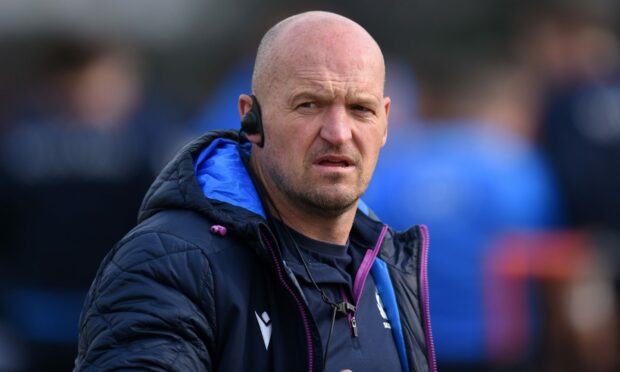
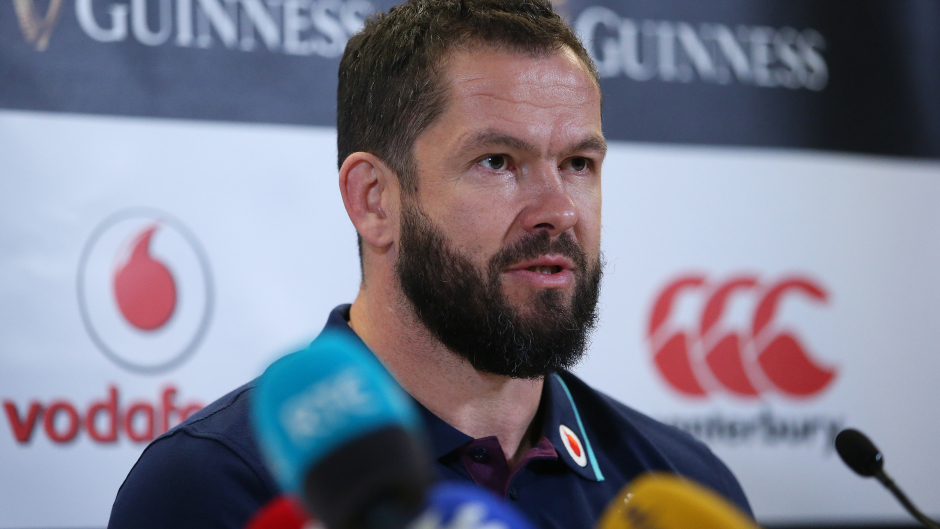
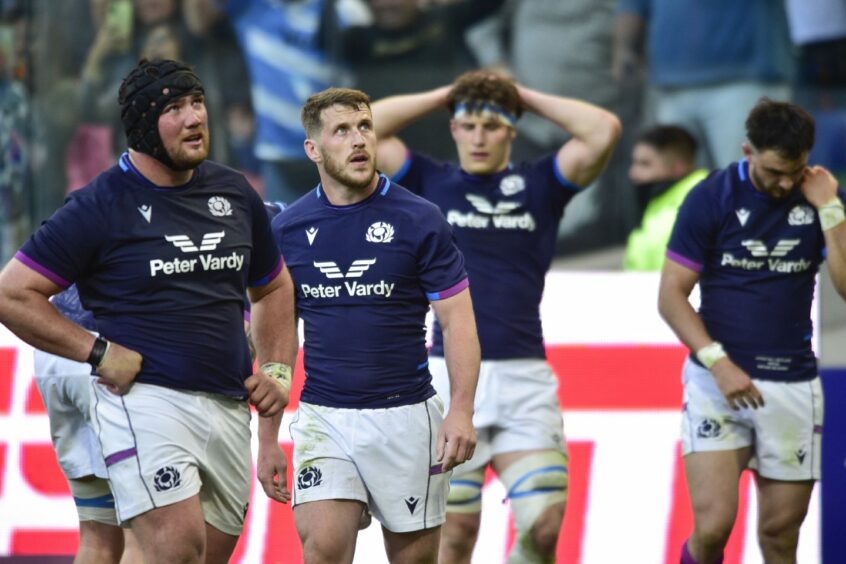
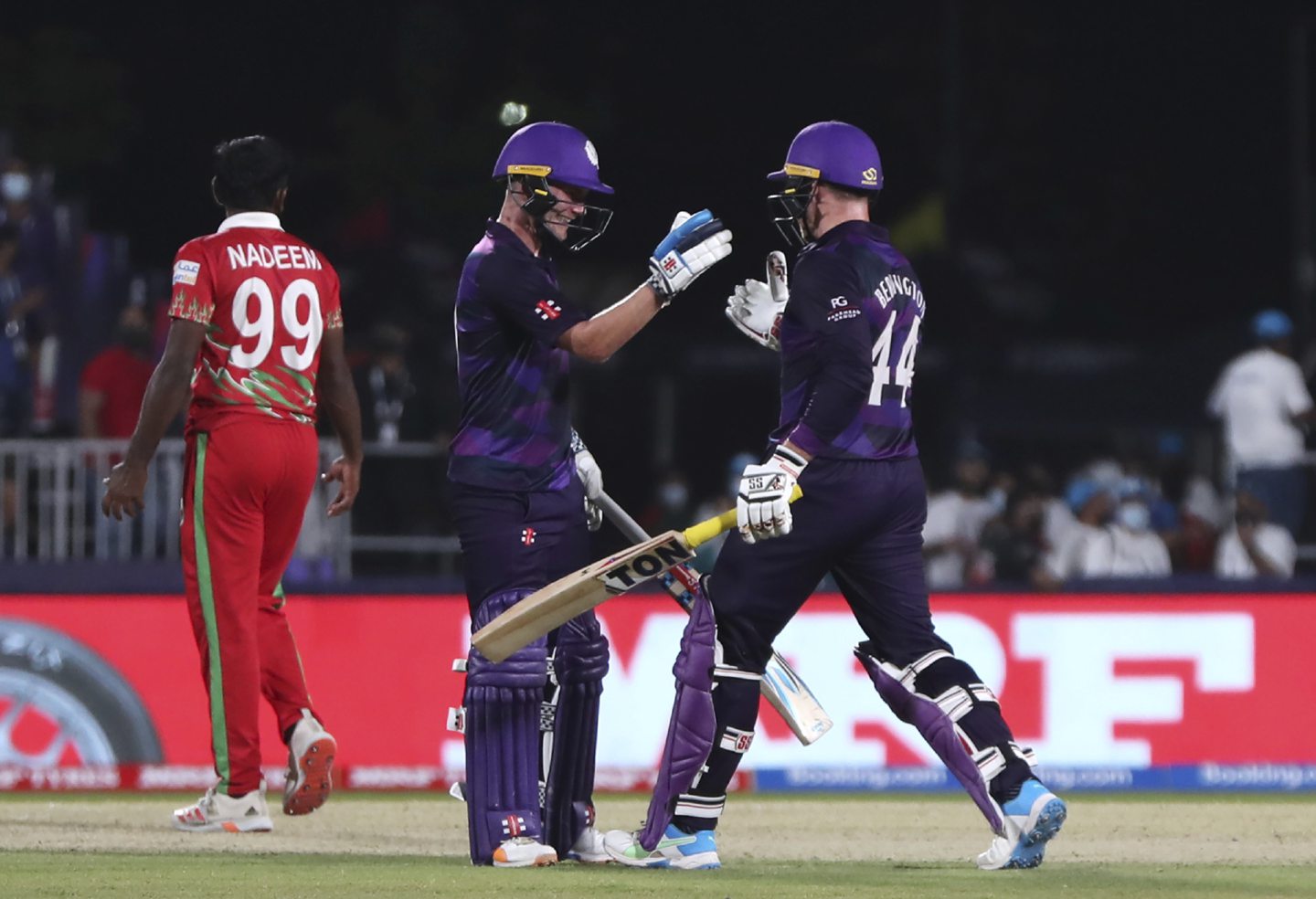
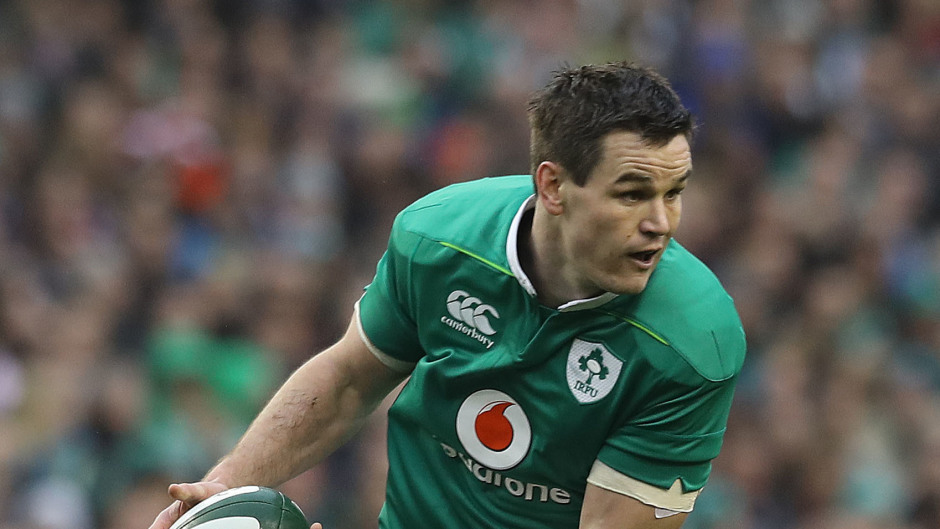
Conversation